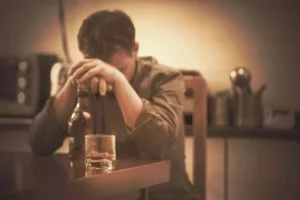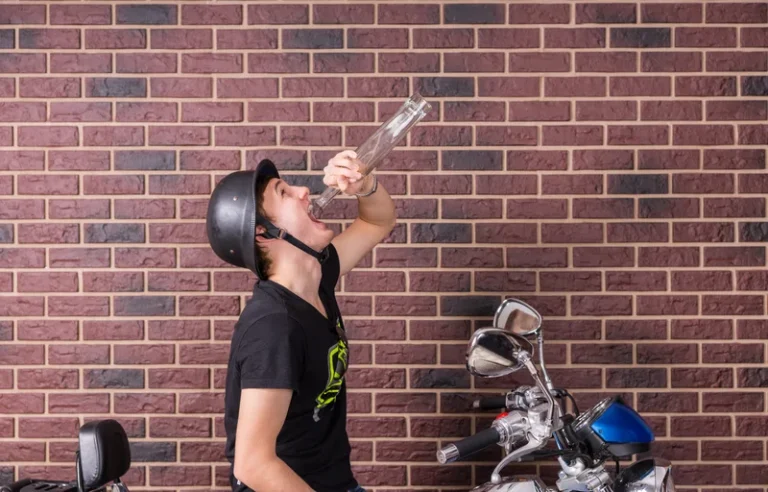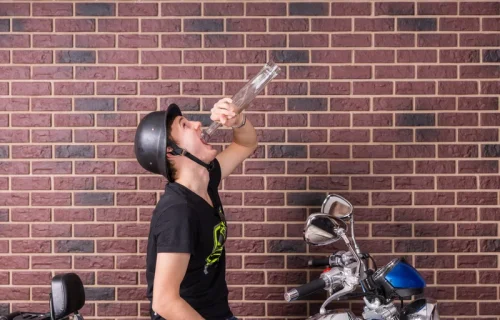Does Drinking Alcohol Actually Make Depression Worse?

Tangible support might help HIV-HCV patients attend medical appointments or access treatment. Affectionate support might enhance well-being through loving relationships. Emotional support most clearly maps onto coping-based alcohol use, as it constitutes support related to psychological distress.
Moderate Drinking Carries Health Risks—Here’s How to Imbibe More Safely

It is estimated that 1 in 10 people in the US has experienced a major depressive episode and only 50% of those individuals decide to seek treatment. Depression and alcohol use are a dangerous combination that is best treated with support from professionals and with support from loved ones. Antidepressants focus on treating the dopamine, serotonin, and norepinephrine neurochemical receptors by promoting increased chemical balance within the brain. They can take up to days to reach their full effect, and treatment with them usually lasts at least a year or longer depending on individual needs.
Benefits of Residential Treatment Centers

That creates a cycle that is difficult to break without professional help. Follow the links below to learn more about getting help for alcohol addiction at 12 South Recovery. If you think alcohol makes you depressed, you have good reason to think so. Remember to tell them about how much you drink or, if you’ve stopped, how long you’ve been alcohol-free. Your GP may recommend does alcohol make depression worse a talking therapy such as counselling or CBT (Cognitive Behavioural Therapy), or a self-help group.
Alcohol and Depression: Understanding the Connection
- These feelings may develop after a difficult life experience like losing one’s employment or a difficult breakup from a romantic relationship.
- Some people may experience a temporary uplift in mood or sense of happiness when drinking alcohol.
- It can get worse over time, especially when combined with regular or heavy alcohol use.
- When you read what follows, try to examine the material free of judgment.
- Antidepressants can help even levels of these chemicals and can help relieve symptoms of depression.
With continued drinking, the dip in the levels of these critical chemical messengers can impact your speech, coordination, energy, and mood. Following a night of heavy drinking, the deficit of these chemicals can make you feel anxious or depressed. Experts caution anyone struggling with depression or another mental health condition to avoid using alcohol. If you or a woman close to you is struggling with depression, alcohol abuse, or a co-occurring disorder, we can help you. Here at New Directions for Women, we assist women in overcoming alcohol addictions.

Drinking alcohol can become a coping mechanism to deal with Substance abuse feelings of hopelessness, numbness, guilt, and worthlessness. One study of 421 people found that 25% had both alcohol misuse and depression. Crystal Raypole has previously worked as a writer and editor for GoodTherapy.

While these experiences are very human and common, they are not an honest representation of what depression truly is. However, alcohol can make these feelings and other symptoms worse over time, perpetuating the cycle of alcohol consumption and depression. Some people never notice feelings of depression — or any negative effects at all — after drinking moderately. Others might begin feeling depressed or anxious after just one drink. Simultaneous treatment for alcohol misuse and a depressive disorder can help you or your loved one take back control of your mental health, physical wellbeing, and overall happiness. But if you have trouble managing your drinking, become fixated on alcohol, or keep drinking even though it may cause issues, you might have alcohol use disorder.
- But even two people who drink the same amount may be affected differently, depending on their genes and other risk factors.
- “People shouldn’t wake up in the morning and say, ‘Let’s see, what disease am I trying to prevent today?
- Understanding the intricate link between alcoholism and depression highlights the importance in addressing both the conditions.
- This is the most beneficial when supervised by healthcare professionals in a structured environment.
- “What goes up must come down,” says George F. Koob, PhD, director of the National Institute on Alcohol Abuse and Alcoholism (NIAAA).
Alcohol messes with the chemicals in your brain, leaving you feeling depressed and anxious
Depression may even cause people to begin consuming large amounts of alcohol. Third, people can try out Dry January—whether that involves cutting back or quitting entirely. “The all-or-nothing approach is never a good idea,” Seija says, because while some people can go https://ecosoberhouse.com/ cold turkey, it’s unrealistic to demand that everyone who drinks should quit forever. “That’s where this idea of sober-ish comes to play.” This can involve having alcohol-free days, ordering fewer drinks or turning to nonalcoholic beverages as a way to preserve the social benefits of drinking. While it is technically true that no level of alcohol is risk-free, neither are many daily activities, from driving to eating bacon. Still, there are some groups for whom going sober might be the best policy, such as those with a family history of addiction, liver disease or cancer, Anton says.
A balanced diet with plenty of leafy greens, whole grains, and foods rich in omega-3s supports physical and mental health, he noted. A new study found a link between retirement and an increase in depressive symptoms. Of course, no one needs to wait for new guidelines or warning labels to curb their drinking. Many are exploring ways to cut back, including the Dry January Challenge or alcohol-free drinks.

Explaining Sensitization in the Context of Addiction Relapse
One factor that likely drives persistent alcohol use among PLWH, including those with HIV-HCV co-infection, is drinking to cope with negative affect (Elliott, Stohl, Aharonovich, O’Leary, & Hasin, 2016). “Your best bet is to drink moderately, space out your drinking, drink a lot of water while you’re drinking, drink on a full stomach, not an empty stomach, and have non-alcoholic drinks available,” says Koob. Unfortunately, despite all the strongly marketed products out there, there’s no scientific evidence that any hangover remedies will actually work, he adds.
Connection between alcohol and depression
According to the National Institute on Alcohol Abuse and Alcoholism (NIAAA), over 14 million adults in the U.S. (5.8 percent of this population) suffer from alcohol use disorder (AUD). If you or someone you know are struggling with depression symptoms, help is available. The supportive team at BestMind are here to guide you on your journey to well-being.